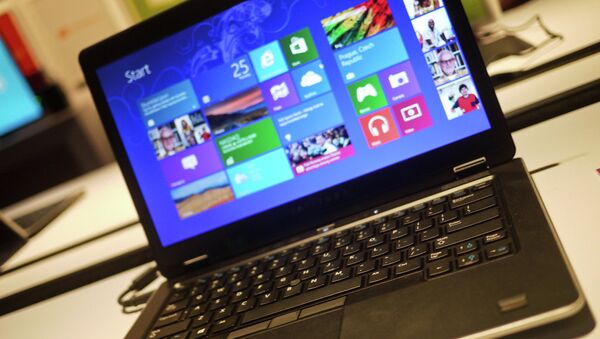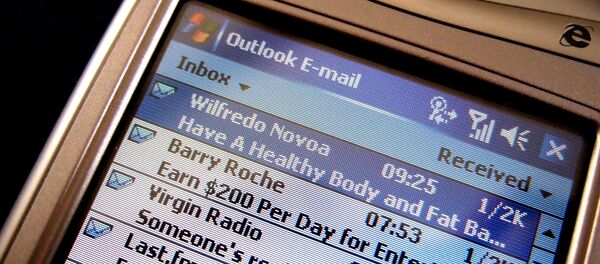"Windows 10 (at least the desktop version) will ship with both Spartan and IE 11, my sources say," the blog's author Mary Jo Foley wrote on Monday. "IE 11 will be there for backward-compatibility's sake. Spartan will be available for both desktop and mobile (phone/tablet) versions of Windows 10."
Foley added that the new browser will continue to use the Trident layout engine and Javascript, but will have support for extensions and borrow features from its successful rivals Chrome and Firefox. A blog post from Neowin in September reported that the appearance of the new browser, at that point not thought to be a completely new incarnation, "brings a dramatic new look to the browser … for starters, it’s flat, and looks like a cross between Chrome and Firefox."
The news follows a December 18 tweet which was posted by Thomas Nigro, a Microsoft Student Partner and VLC developer for Windows. "OK so Microsoft is about to launch a new browser that's not Internet Explorer and will be the default browser in Windows 10. Wow," he wrote, adding that he expected the new software to be "a complete new version of IE."
The development of a new browser by Microsoft can also been seen as an attempt to respond to the criticism often levied at IE in the recent past, which at its peak in 2003 enjoyed a 95 percent market share. In 2012 the company launched a promotional campaign called "The browser you loved to hate," in order to market the tenth version of the browser software for Windows 8.




